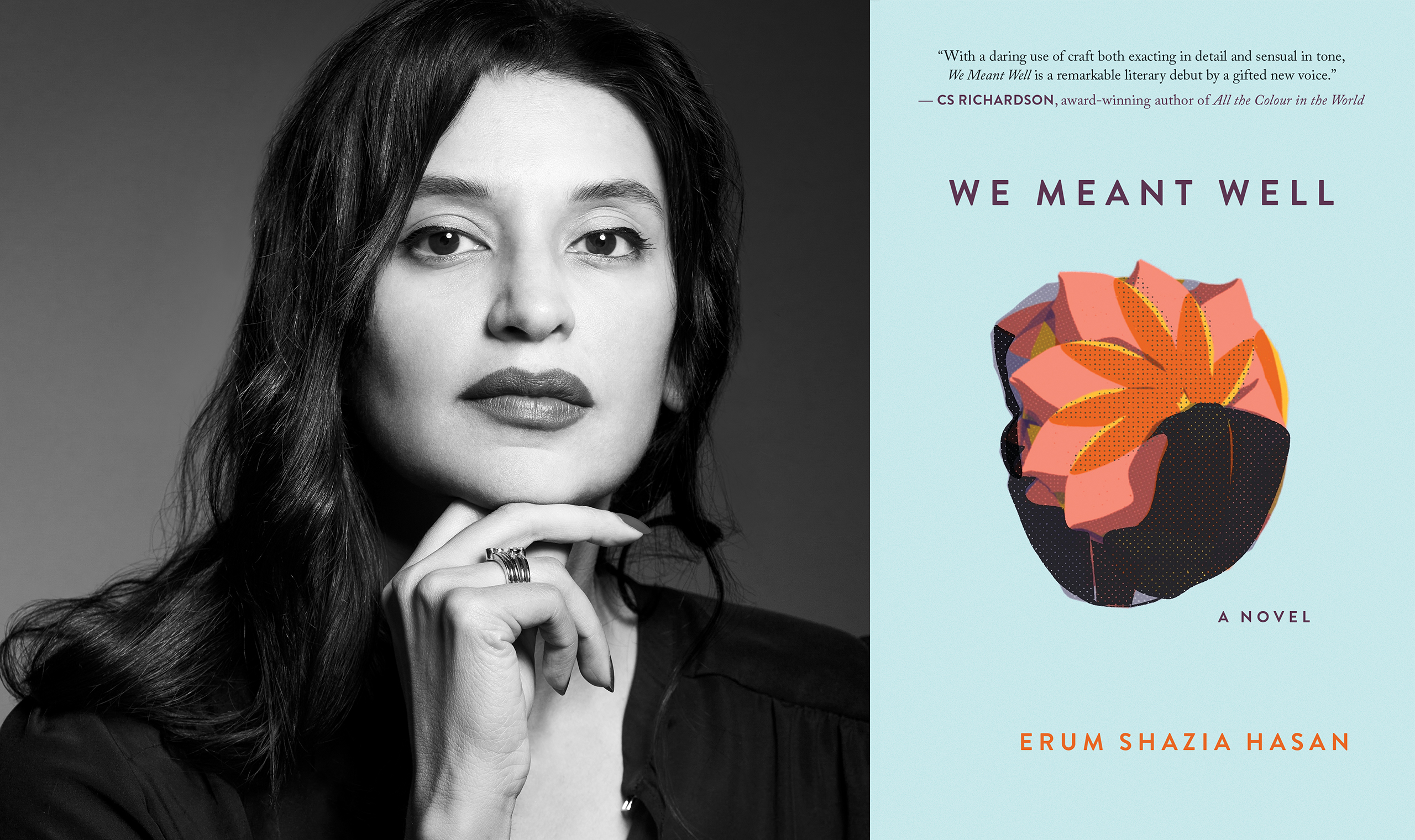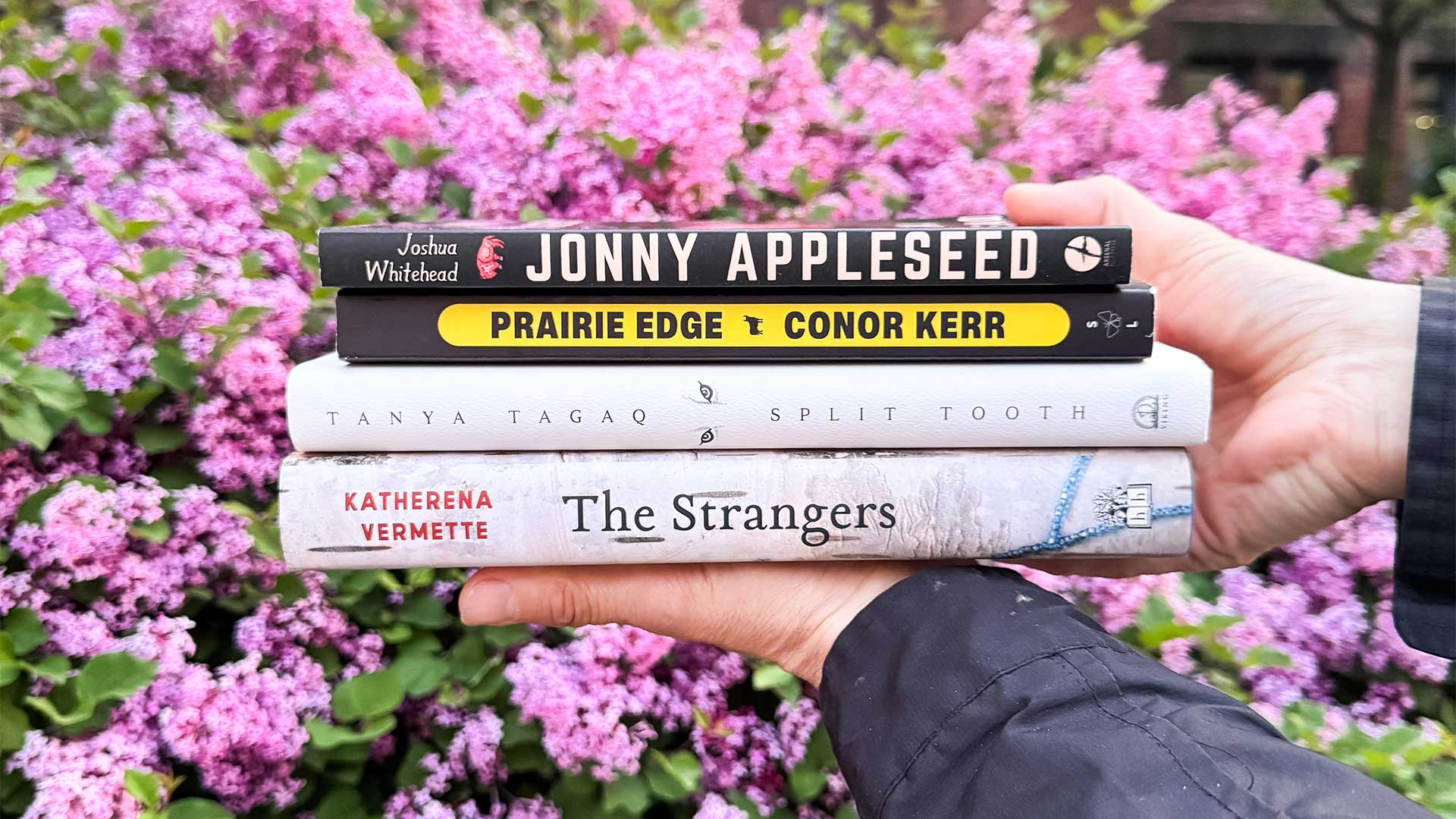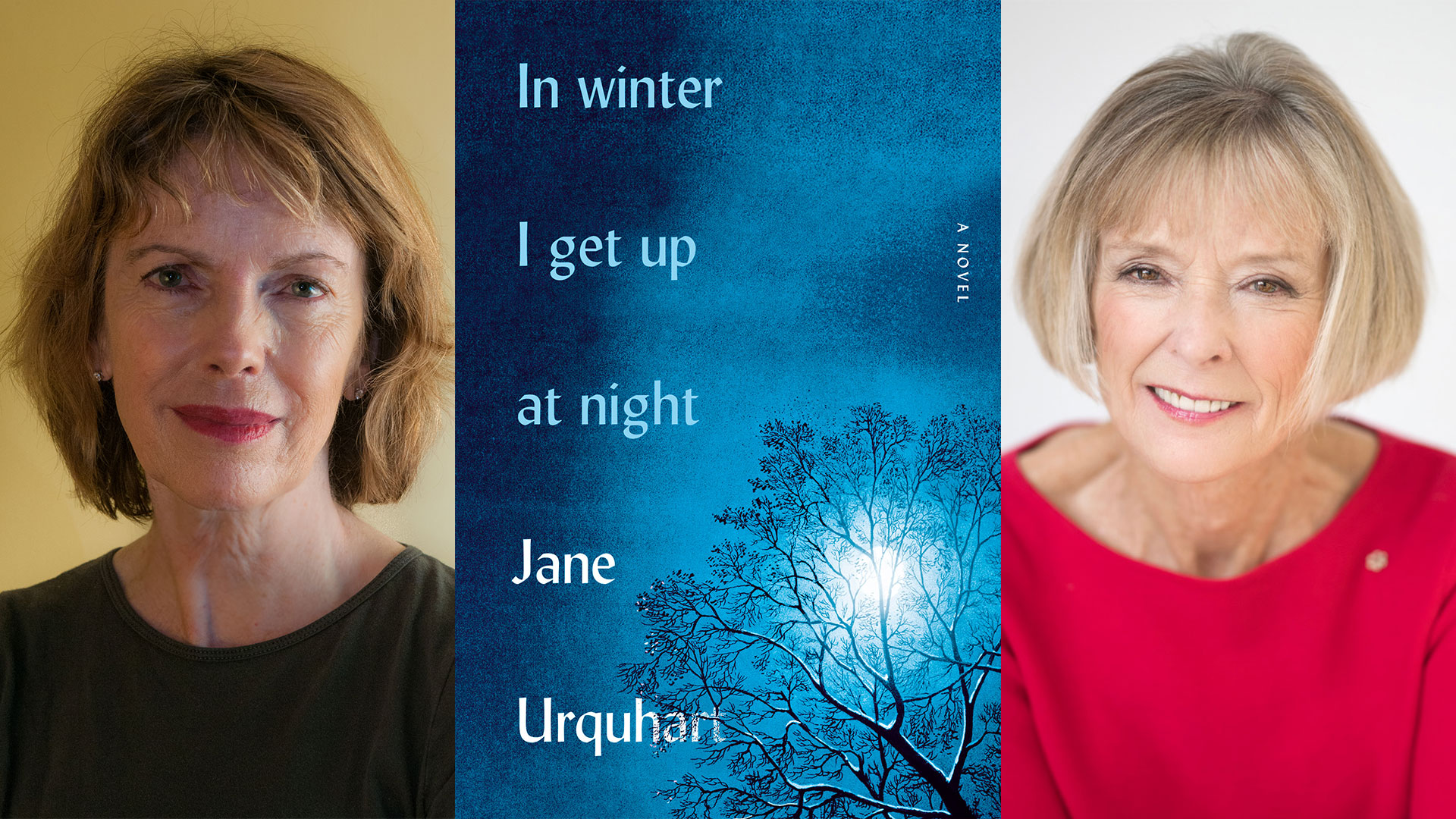
Scotiabank Giller Prize Spotlight: Erum Shazia Hasan
Scotiabank Giller Prize Spotlight: Erum Shazia Hasan
September 19, 2023
Erum Shazia Hasan’s novel We Meant Well has been longlisted for the 2023 Scotiabank Giller Prize.
Erum Shazia Hasan was born in Canada, raised in France, and is of Pakistani and Indian heritage. She designs initiatives to help communities improve their livelihoods, ensuring opportunities for women while protecting biodiversity. A Sustainable Development Consultant for various UN agencies, she lives in Toronto with her husband and their two children.
What inspired you to write We Meant Well?
I began writing this novel in Haiti, a country filled with aid workers, humanitarians and experts. I was fascinated by this unique cohort of people who work transitionally in countries that are not theirs, and by the power imbalances that exist while trying to do good. The concept of the imported “expert” coalesced in my main character Maya, whose own limitations are fundamentally part of the inequities she seeks to address.
What do you hope readers take away from We Meant Well?
I hope the novel plucks readers from their day-to-day preoccupations and makes them experience conflicting emotions. I want readers to feel as though they have taken part in lives that are not theirs. I hope the novel raises uncomfortable questions about intentions and consequences.
Where is your favourite place to write? What is your process?
When writing fiction, I cannot be at a desk. An armchair is where most of the writing happens. Modes of transportation are ideal, particularly trains. The faster they go, the faster I type. My process is messy. I write most of my novels longhand. I don’t use outlines as the characters feel trapped and pre-determined. The process of transitioning my longhand to the laptop is where the first round of finessing takes place.
Is there an activity you do to help inspire writing?
I read. There are certain writers who loosen the words in my head.
What’s a book you recommend others read and why?
The God of Small Things by Arundhati Roy. Everything Roy writes is both sensory and humane; it is both feast and act of service.
Share this article
Follow us
Important Dates
- Submission Deadline 1:
February 14, 2025 - Submission Deadline 2:
April 17, 2025 - Submission Deadline 3:
June 20, 2025 - Submission Deadline 4:
August 15, 2025 - Longlist Announcement:
September 15, 2025 - Shortlist Announcement:
October 6, 2025 - Winner Announcement:
November 17, 2025





